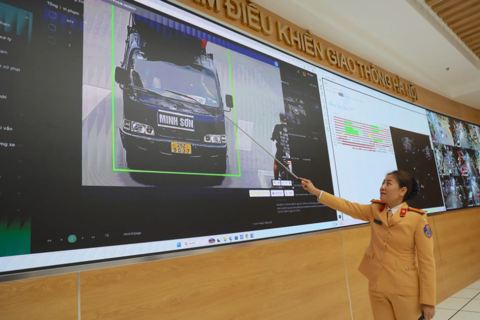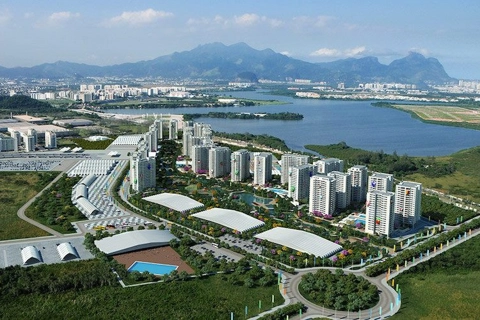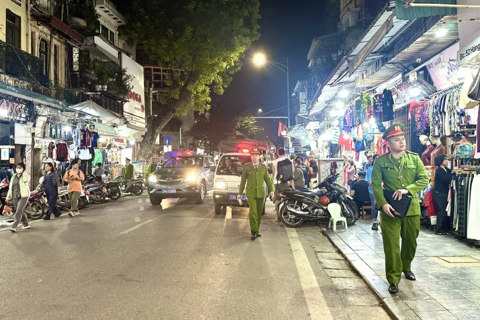Hanoi to push for decentralization scheme in local units: City Party chief
The simplified public services will save time and money for everyone involved.
Hanoi would continue to push for greater decentralization in several city units to streamline the state apparatus system and improve operational efficiency, Secretary of the Hanoi Party Committee Dinh Tien Dung said at a meeting held on March 28 to discuss the ongoing efforts to improve the efficiency of the local administration system.
| Secretary of the Hanoi Party Committee Dinh Tien Dung at the meeting. Photo: Thanh Hai/The Hanoi Times |
According to Dung, the departments of Planning and Investment, Planning and Architecture, Natural Resources and Environment, Construction, and Rural and Agricultural Development, and the Hanoi Promotion Agency, among others, will be subject to a higher level of decentralization and empowerment.
According to the city's Party chief, the process is expected to promote greater autonomy and self-responsibility among district-level agencies.
Deputy Chairman of the Hanoi People's Committee Ha Minh Hai noted that the city had made progress in refining its regulations on decentralization in nine areas that affect people's livelihoods at the district level, resulting in delegating at least 210 critical tasks.
So far, Hanoi has authorized 708 out of 1,910 administrative procedures, accounting for about 37% of all administrative procedures.
Hai said decentralization and delegation have gradually brought practical benefits to individuals and enterprises in administrative procedures.
Local units have narrowed the gap between state administrative agencies and the public they serve while facilitating the speedy and accurate implementation of policies and legal regulations.
"Simplifying processes and records reduces processing time and saves time and money for all parties involved in administrative procedures," Hai said.
Despite these benefits, he noted that the implementation of decentralization and empowerment is not without difficulties and limitations.
These include conflicting legal regulations and limited awareness at all levels, which can confuse when implementing.
However, the deputy mayor expects the city to continue its decentralization efforts to create optimal conditions for resource development and improve the investment, production, and business environment.
Above all, he said, this will bring greater satisfaction to both businesses and residents of Hanoi.











